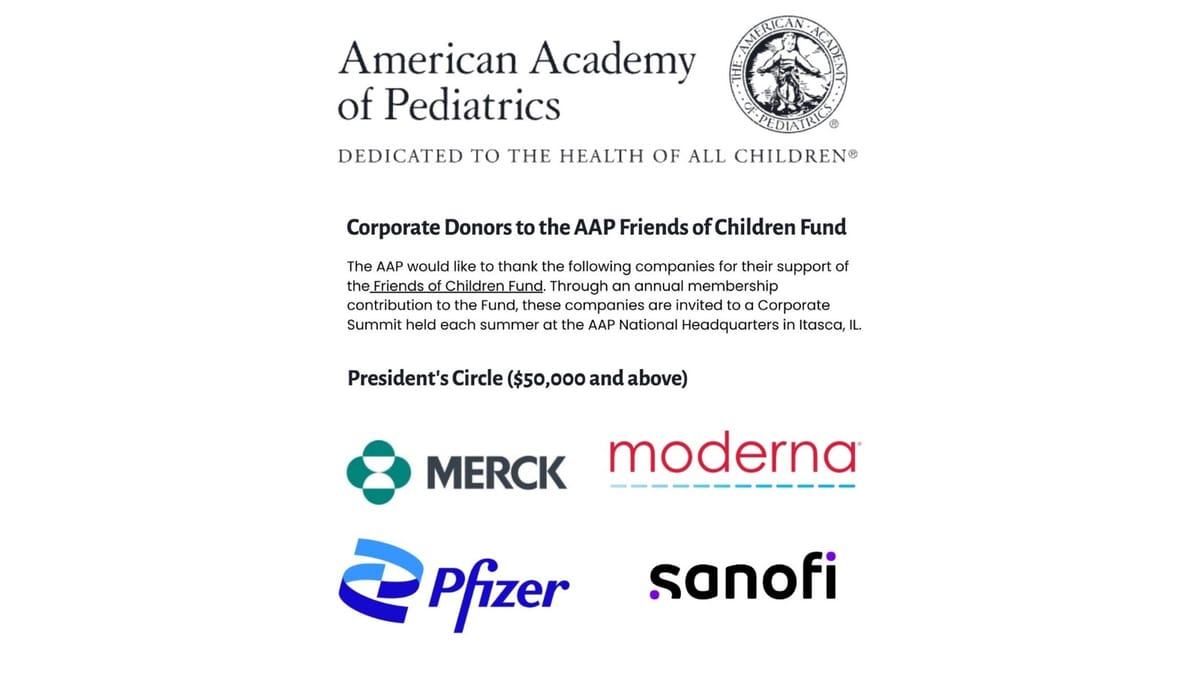CDC Pulls Back from Universal COVID Shot Push, Leaves Choice to Individuals
The shift also paves the way for changes to pediatric vaccination schedules

The U.S. Centers for Disease Control and Prevention (CDC) has announced it will no longer broadly recommend COVID-19 vaccines for everyone. Instead, the agency now says the decision belongs to each individual.
The CDC’s statement on social media about the changes said:
“CDC today updated its adult and child immunization schedules to apply individual-based decision-making to COVID-19 vaccination and recommend that toddlers receive protection from varicella (chickenpox) as a standalone immunization rather than in combination with measles, mumps, and rubella vaccination.
Individual-based decision-making means that the clinical decision to vaccinate should be based on patient characteristics that unlike age are difficult to incorporate in recommendations, including risk factors for the underlying disease as well as the characteristics of the vaccine itself and the best available evidence of who may benefit from vaccination.“
This marks a dramatic reversal in policy. For years, federal health authorities urged annual boosters for people six months and older. But now, following guidance from the newly-installed vaccine advisory panel appointed by Health Secretary Robert F. Kennedy Jr., the CDC has scrapped blanket recommendations in favor of “shared clinical decision-making.”
Under the new policy, people—especially seniors and those at higher risk—are encouraged to talk with their doctors, nurses or pharmacists about which vaccines they may need, as well as the risks and benefits involved. Deputy Health Secretary Jim O’Neill, acting as CDC Director, defended the change, saying prior guidance “deterred health care providers from talking about the risks and benefits of vaccination.” He added, “Informed consent is back.”
Critics and medical societies, however, remain uneasy an unconvinced. Many continue to recommend vaccines for children, pregnant women, and high-risk individuals—arguing that the new language overstates rare vaccine side effects and downplays the dangers of COVID infection.
In August, Sec. Kennedy responded to pushbacks from the vaccine-industrial complex by posting a screenshot of the American Academy of Pediatrics major donors. In a post on X, Kennedy said:
“This is a screenshot from American Academy of Pediatrics’ webpage, thanking the organization’s top corporate donors. These four companies make virtually every vaccine on the CDC recommended childhood vaccine schedule. AAP is angry that CDC has eliminated corporate influence in decisions over vaccine recommendations and returned CDC to gold-standard science and evidence-based medicine laser-focused on children’s health.
AAP today released its own list of corporate-friendly vaccine recommendations. The Trump Administration believes in free speech and AAP has a right to make its case to the American people. But AAP should follow the lead of HHS and disclose conflicts of interest, including its corporate entanglements and those of its journal—Pediatrics—so that Americans may ask whether the AAP’s recommendations reflect public health interest, or are, perhaps, just a pay-to-play scheme to promote commercial ambitions of AAP’s Big Pharma benefactors.“
The shift also paved the way for changes to pediatric vaccination schedules. The CDC adopted a recommendation that children under age 4 receive their first varicella (chickenpox) dose as a standalone shot, rather than in a combined MMRV vaccine, citing a higher risk of fever-related seizures when the four-in-one shot is used.
The decision allows the federal Vaccines for Children program to continue shipping COVID-19 doses where demand and policy still support them. Despite the outcry that the new recommendations make it impossible for people to receive vaccines, they will continue to be available.
The changes also highlight the growing skepticism about vaccines in general, especially in infants and children. Suspected links to autism and chronic diseases are just two areas of concern, as recent Congressional hearings and statements by Sec. Kennedy illustrate.
The new policy is expected to allow parents more freedom to exercise their parental and medical freedom rights to refuse vaccination, as well as give fresh impetus to State actions against mandates and in favor of religious exemptions. In Alabama, a number of these bills died in the House Health Committee last session. Several of them are expected to return in the next legislative session.




